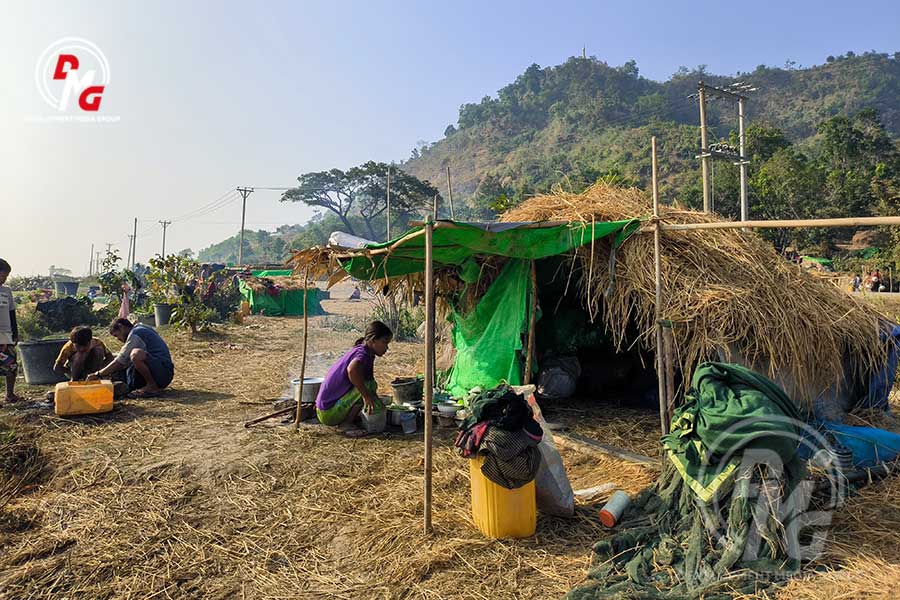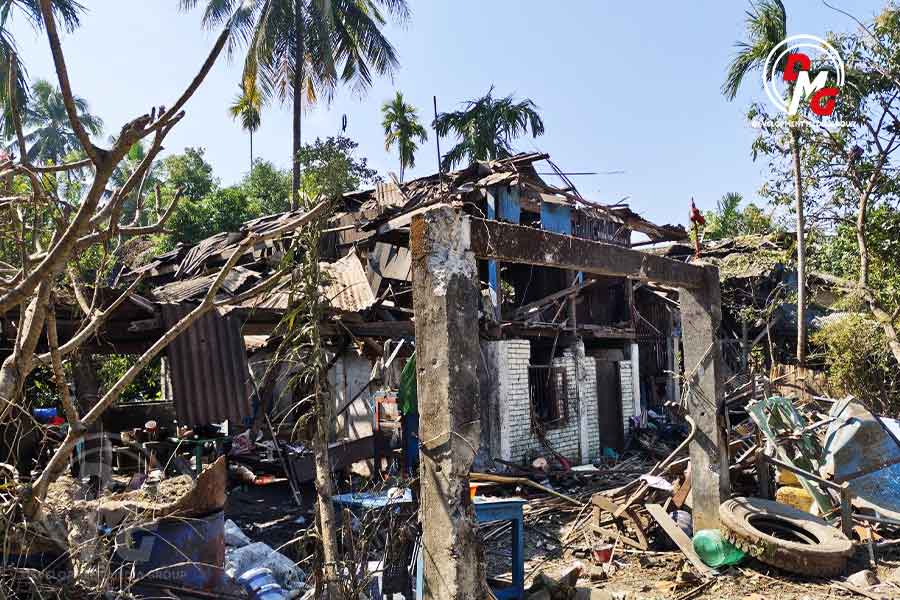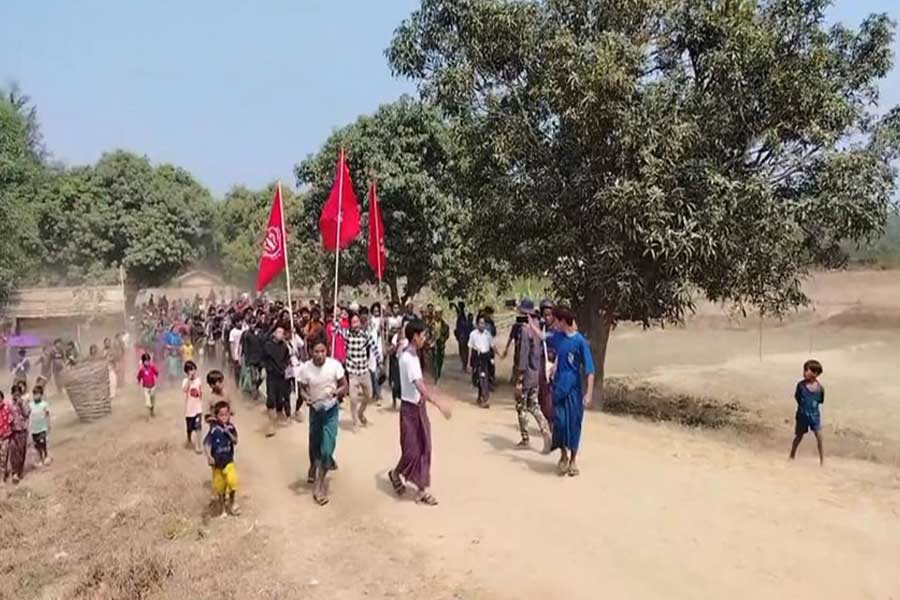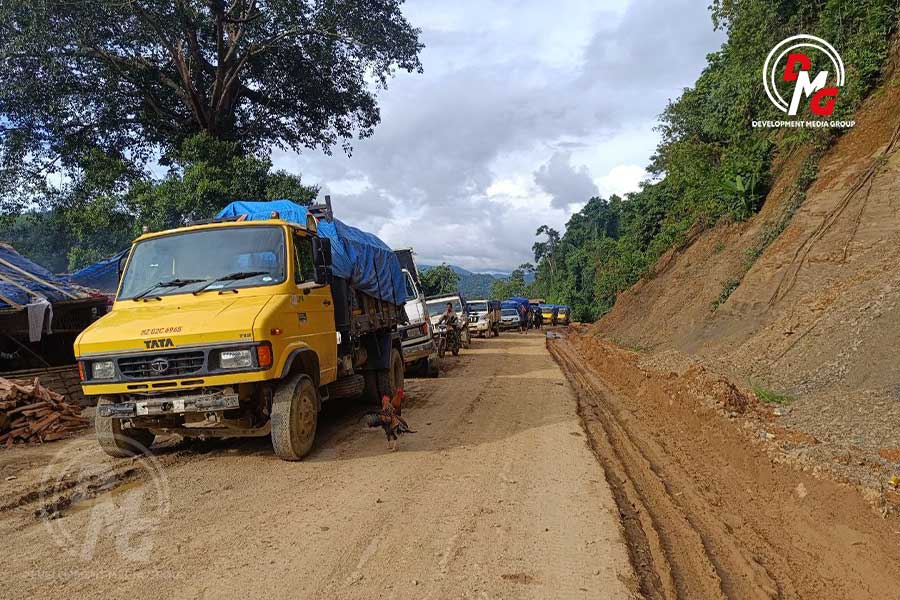- Two civilians killed, two injured in junta airstrike on Ramree village
- Bo Nagar’s defection raises security fears for resistance forces in Myanmar’s heartland
- Weekly Highlights from Arakan State (Feb 2 to 8, 2026)
- Freedom of expression curtailed in resistance-controlled areas, report finds
- Conflict leaves Arakan’s historic pagodas in ruins as restoration stalls
Medicine shortages add to infectious disease concerns
With the ongoing military conflict in Arakan State, medicine shortages have never been more acute, and the risk of infectious diseases such as malaria, HIV, and tuberculosis (TB) is a growing concern.
14 Dec 2024

DMG Newsroom
14 December 2024, Sittwe
With the ongoing military conflict in Arakan State, medicine shortages have never been more acute, and the risk of infectious diseases such as malaria, HIV, and tuberculosis (TB) is a growing concern.
Those close to the healthcare community say there is not enough medicine for those suffering from these diseases and others, with related death tolls and infection rates increasing.
“I have to take my tuberculosis medicine regularly. I stopped taking medicine regularly because of the lack of medicine, and my disease got worse and I became more contagious. Now I see people who are infected with tuberculosis,” said a female health worker.
Tuberculosis can be spread by others inhaling the TB germs, which are passed through the air by coughing, sneezing, singing, and even simply talking.
In November, a woman suffering from TB in Lampaikkwin Village, Kyauktaw Township, and a man suffering from HIV in Khamaungtaw Village died due to medicine shortages. Locals say some are currently resorting to using pesticides to treat chronic illnesses and infectious diseases.
“I heard that some locals are infected with tuberculosis, so I wear a mask when I go out. I am very worried that I will catch some disease due to the shortage of medicine during this period,” said a local woman in Mrauk-U.
Locals have been suffering from shortages of food and medicine and soaring commodity prices due to junta blockades of Arakan State since November 2023.
“Tuberculosis drugs are available in limited quantities in the market. HIV patients are like those on death row. HIV drugs, ART, are completely unavailable in the market,” said a man close to the healthcare community.
Due to financial difficulties coupled with junta blockades, many chronically ill patients are unable to travel to mainland Myanmar for medical treatment, putting their lives at risk.
















.jpg)
